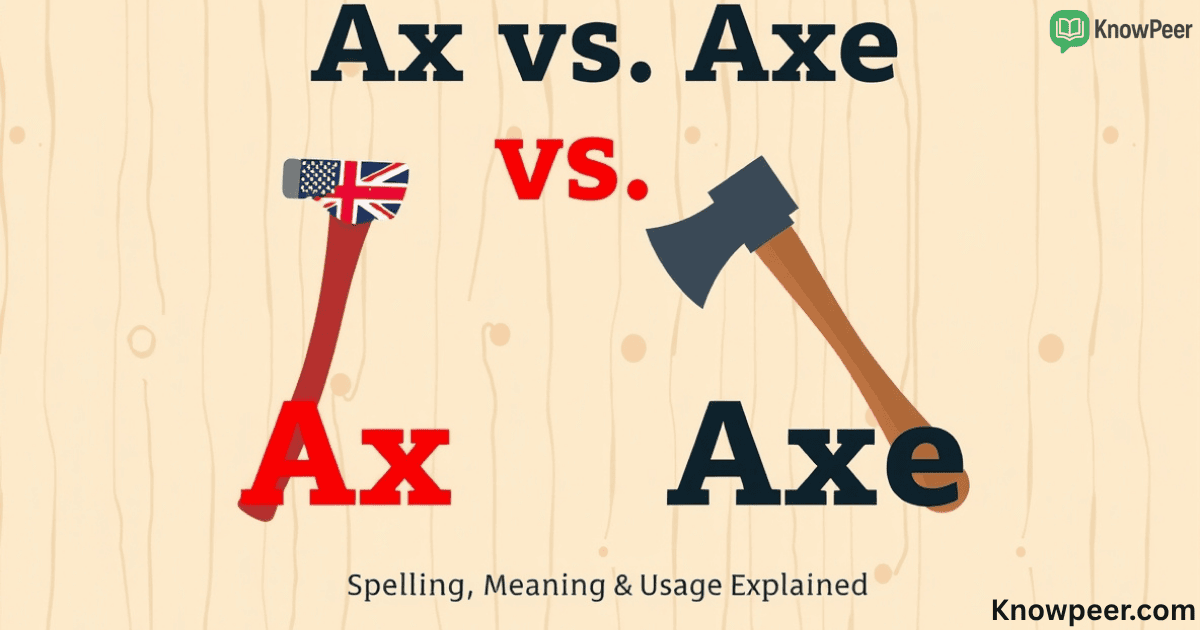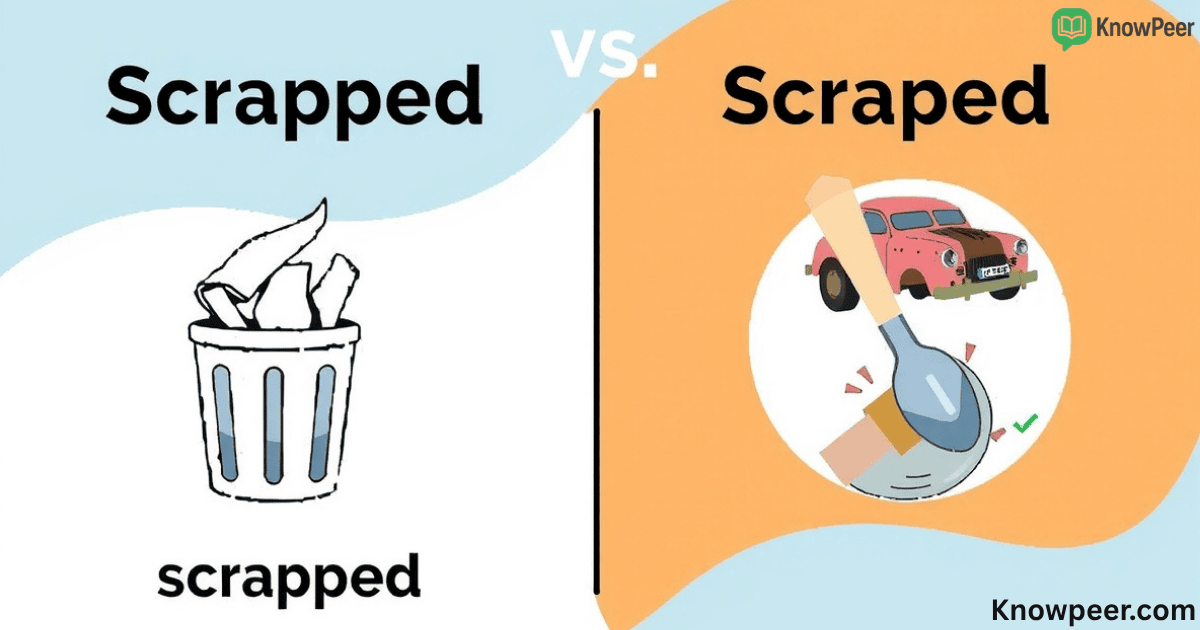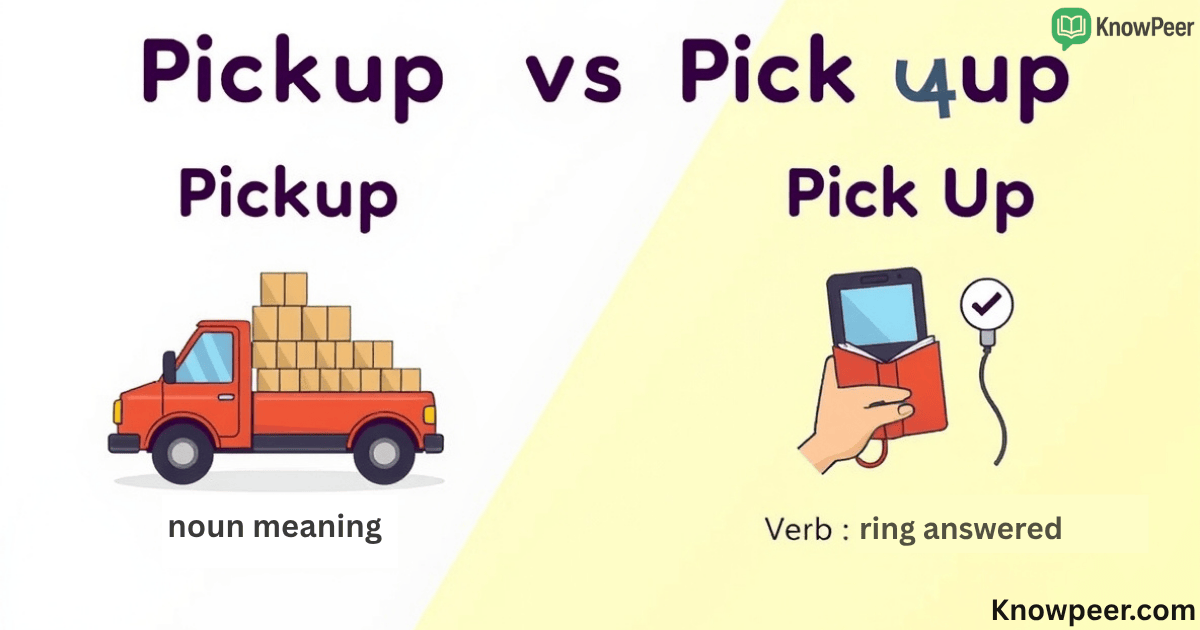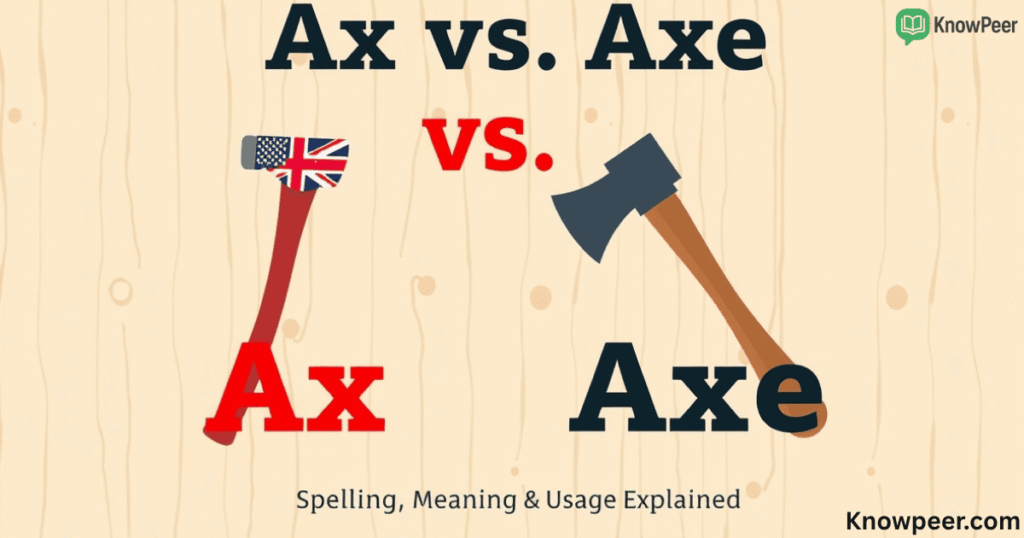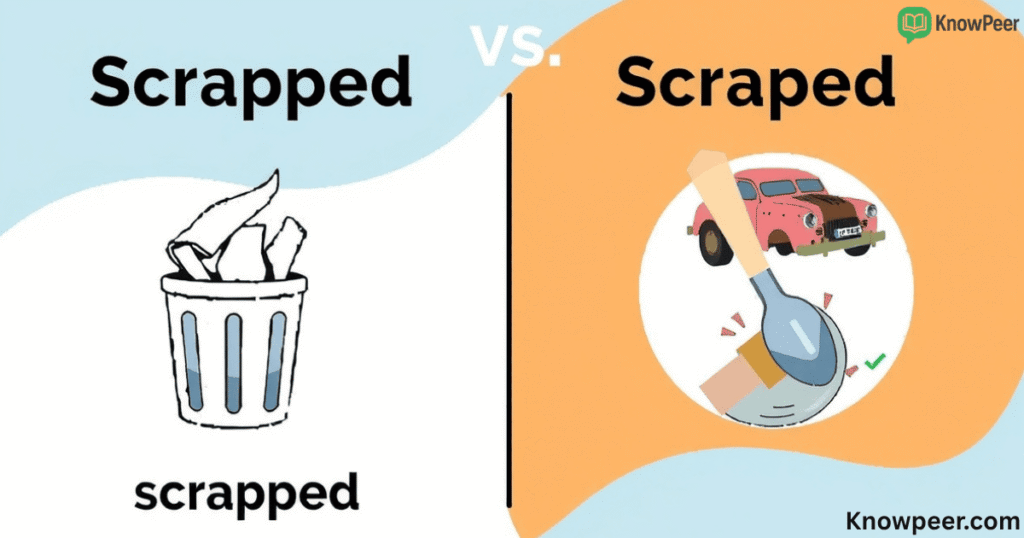When you write for business, legal work, or online content, you might stop and wonder: should you use Requester vs Requestor? Both words seem correct at first glance, but which one fits better? This article explains the difference between requester and requestor, where each is used, and how to choose the right spelling for your writing. We’ll break it down simply and clearly, so you feel confident when using either term.
Let’s explore the correct use of requester and the correct use of requestor in modern English. You’ll also learn how different industries and style guides handle these two spellings. The goal is to help you stay consistent and professional in your writing.
Requester vs Requestor: What Do They Mean?
When you come across the words requester and requestor, you might wonder if they mean different things. The simple answer is no. Both words mean the same thing: a person, group, or organization that makes a request. If someone asks for something — whether it is a document, a service, or an action — they can be called either a requester or a requestor. This is true across most uses in modern English. What makes these two forms different is not their meaning but their spelling and where they tend to be used. Understanding the difference between requester and requestor is really about knowing which spelling fits best in your writing or professional field.
The requester meaning is easy to grasp. A requester is someone who requests something. This spelling is more common in general English, especially in business writing, customer service, and technology. You might see it in phrases like “the requester submitted a ticket” or “the requester is waiting for a reply.” On the other hand, the requestor meaning is exactly the same — a person who makes a request — but this form appears more often in legal writing, government documents, and formal contracts. You’ll find it in phrases like “the requestor of these records” or “the requestor shall comply with all conditions.”
The key point is that both words are correct. The choice depends on the setting. You can think of requester as the spelling for modern, everyday use and Requester vs Requestor as the spelling for formal, legal, or official contexts. No matter which one you use, just stay consistent within a document to keep your writing clear and professional.
Origins: The -er vs -or Ending Explained
Let’s look at why English has both -er vs -or endings. Both endings come from Latin through Old French. Words that end with -or often have Latin roots. Words that end with -er usually come through Old French into English. In short, both are ways to form agent nouns — nouns that describe someone who does something. Think of “actor” and “writer.”
The word request comes from Latin requirere (to seek). So requestor looks more true to the Latin origin. But over time, English adopted requester too. This follows the pattern of using -er for someone who does an action. That’s why both forms feel right to native speakers, even if their history is different.
Here’s a simple table to show how agent nouns work in English:
| Suffix | Example | Notes |
| -er | teacher, builder, requester | Often from Old French influence |
| -or | actor, auditor, requestor | Often from direct Latin influence |
How Dictionaries and Style Guides View Them

When it comes to the terms requester and requestor, most major dictionaries list both as valid words. If you check Merriam-Webster or Oxford English Dictionary, you will find entries for both. The dictionary definitions requester and dictionary definitions requestor are nearly identical. Both mean “one who makes a request.” The difference lies not in the meaning, but in frequency of use and context. Requester is often labeled as the more common or general spelling, while requestor is noted as used in legal or formal contexts. Neither is marked incorrect, and both are accepted in standard English.
Style guides, however, give clearer advice about which spelling to use in writing. The Chicago Manual of Style requester guidance favors requester for most general, business, and academic writing. This aligns with modern English preferences, where the -er suffix is seen as more familiar and natural Requester vs Requestor. Similarly, the AP Stylebook requester entry uses requester in journalistic and news writing. These guides emphasize writing consistency, encouraging writers to pick one spelling and use it throughout a document or publication. Switching between requester and requestor can confuse readers and weaken a text’s professionalism.
Industry-Specific Preferences
In legal and government contexts, requestor legal usage is far more common. You’ll see requestor in legal contract documents, government forms, and official records. Legal terminology often favors the -or ending due to its Latin roots.
In contrast, requester business usage dominates in tech, customer service, and business writing. You’ll find requester in service ticket systems, software tools, and support emails. The tech world also prefers software requester when describing someone who submits a ticket or query.
Here’s a quick industry view:
| Industry | Preferred Term |
| Legal / Government | requestor |
| Tech / Customer Service | requester |
| General Business Writing | requester |
Regional and Cultural Differences
The choice between requester and requestor can sometimes depend on where you are in the world. In American vs British spelling, there is not a strict regional rule for these two words like there is for words such as “color” and “colour.” Both Americans and Britons generally use requester in everyday writing, business, and technology. However, in legal writing and formal government documents, especially in the United States, requestor appears more often. It is a small but noticeable difference between requester and requestor depending on the type of document rather than the country.
Culture within specific industries also influences word choice. In customer service and software development, especially in North America, requester is the standard spelling. You will see it in systems handling service tickets, tech support cases, or project management tools. In contrast, in fields like law and government, requestor in legal contracts and requestor in government forms are preferred to match traditional legal terminology. This reflects the formal tone these fields often require. Cultural norms in industries shape what is considered correct or appropriate spelling.
It is important for writers to be aware of these regional and cultural patterns. If you are writing for an international audience, choosing requester may be the safer bet because it is more widely recognized. However, if you are preparing a legal or government document, you might want to go with requestor to match expectations. Either way, always aim for consistent word usage so your document looks polished and professional.
Examples of Each in Real Contexts
It helps to see how both words appear in real-world writing. Here are some examples that show requestor definition and requester meaning in context.
In a legal contract:
“The requestor shall provide documentation within 30 days.”
In a customer service email:
“Your ticket has been assigned to the requester.”
In a government form:
“Please print the name of the requestor in block letters.”
In a software tool:
“The requester is notified when the issue is resolved.”
These examples show that while both words mean the same thing, their use depends on setting and style.
When and How to Choose the Right Term
So how can you choose the correct form? Think about your audience first. In legal writing, formal documents, or government work, requestor spelling is safer. In tech, support, or business communication, go with requester. Also check your language style guide or organization rules if you have one.
Staying consistent is key. If you use requester at the start, keep using it. Switching between forms confuses readers and looks unpolished. The correct use of requester or correct use of requestor depends more on context than strict grammar.
SEO, Online Writing, and Branding Considerations
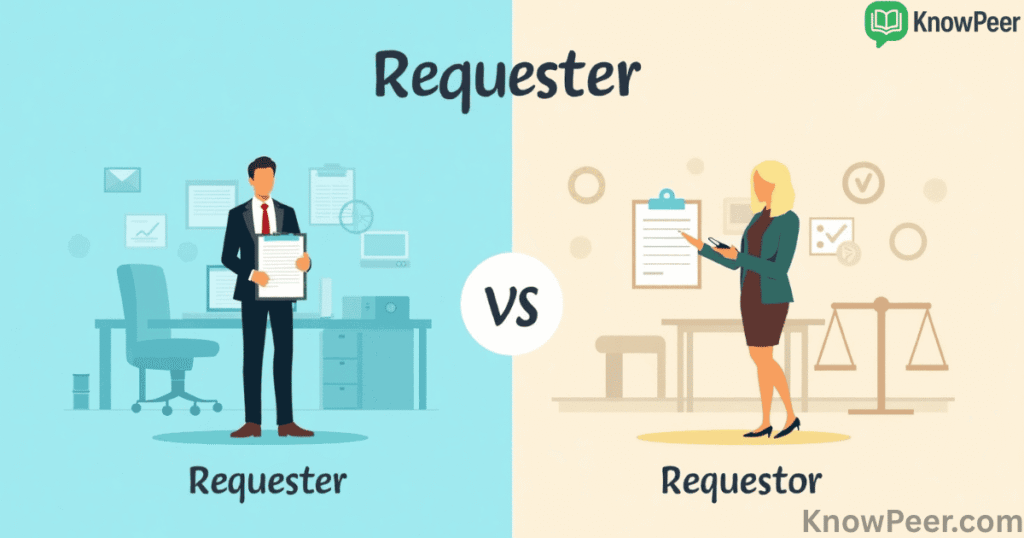
If you’re writing for the web, your spelling choice might affect SEO spelling choices. Search engines treat requester and requestor as different keywords. That means your choice can change how people find your page. In most cases, requester has higher search volume, especially for online writing clarity in business or tech topics.
Brands also choose a form that fits their tone. If your brand voice is modern and friendly, requester fits well. If you’re aiming for a formal, legal feel, requestor may suit you better. Good branding language choice helps your content sound natural and consistent.
Quick Tips for Writers and Editors
Here’s a table that sums up what we’ve covered so far. Use it as a cheat sheet for writing with either term:
| Context | Best Choice | Reason |
| Tech / Service Tickets | requester | Modern, common in software |
| Legal Contracts | requestor | Matches formal legal style |
| Government Forms | requestor | Standard in official documents |
| Business Emails | requester | Friendly, simple |
| Academic Papers | requester | Preferred in most style guides |
In all cases, remember that spelling in professional writing needs to be consistent. Use the same form across the whole document.
FAQs: Fast Answers to Common Doubts
Is requestor wrong? No, requestor is correct, especially in legal and formal contexts.
Is requester American English? Requester is more common in American English, but it’s not limited to the U.S.
Can I use both forms in one document? No. Writing consistency is key. Pick one form and stick with it.
Does SEO favor one spelling? Yes. Requester usually has higher search volume, so it may help SEO spelling choices in tech or business topics.
Conclusion
When it comes to requester vs requestor, there’s no single right or wrong choice. Both are correct in terms of meaning. But context, industry, and style guides help you decide which form to use. The most important thing is to pick one and use it throughout your writing.
Think about your readers. Consider the tone and purpose of your content. Whether you’re working on a legal terminology document or writing for modern English usage, your spelling choice sends a message. Choose wisely, and your writing will look polished and professional.
Sources
Chicago Manual of Style – Spelling



